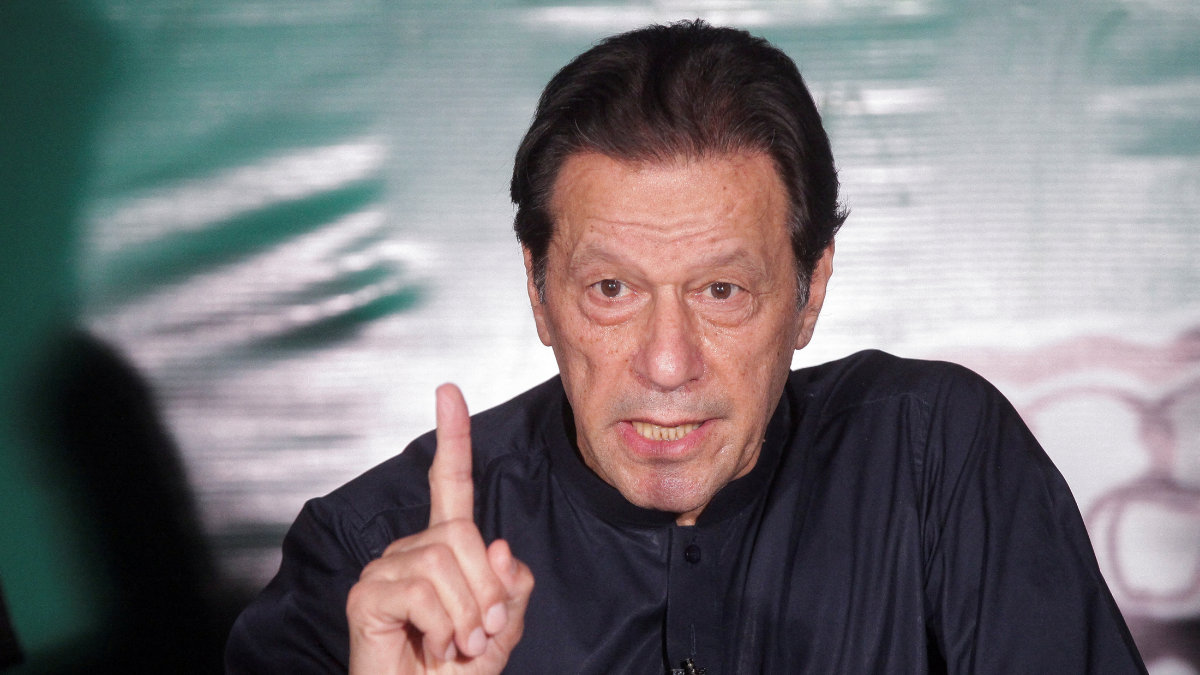The party's Secretary General, Asad Umar, and senior Vice President, Fawad Chaudhry, have announced their departure from the core committee, following the resignations of Shireen Mazari and Fayyazul Hassan Chohan. These developments pose significant challenges for Imran Khan and his beleaguered party. In this article, we delve into the recent resignations and their impact on the PTI party.
Resignations of Asad Umar and Fawad Chaudhry
Asad Umar, the Secretary General of PTI, announced his decision to step down from the core committee shortly after being released from Adiala Jail, in compliance with the Islamabad High Court's order. In a statement, Umar expressed that given the current situation since May 9, he found it personally impossible to continue as the party's secretary general. While he emphasized that he was not leaving the party entirely, he decided to resign from his role as the secretary general and as a core committee member. Fawad Chaudhry, the senior Vice President of PTI, also decided to part ways with the party, adding to the blow suffered by Imran Khan's political group.
Wave of Resignations
The resignations of Asad Umar and Fawad Chaudhry follow the recent departure of Shireen Mazari and Fayyazul Hassan Chohan from the PTI party. The news of these high-profile resignations raises concerns about the stability and cohesion within PTI. The departures of key leaders within a short span of time represent a significant setback for Imran Khan and his party, as they strive to maintain their political influence and pursue their agenda.
Background and Legal Proceedings
The resignations come in the wake of violent protests and disturbances across the country, triggered by the arrest of Imran Khan on May 9 in the Al-Qadir Trust case. Asad Umar, along with other PTI leaders, was subsequently arrested under Section 3 of the Maintenance of Public Order (MPO). However, the Islamabad High Court declared Umar's arrest null and void, ordering him to provide an undertaking that he would refrain from participating in violent protests. Justice Gul Hassan Aurangzeb of the IHC warned Umar about the consequences of deviating from the undertaking, cautioning that it could spell the end of his political career.
Reflections on the Situation
Asad Umar expressed his condemnation of the violent events on May 9 and emphasized the need for reflection on the circumstances that led to such a situation. He also highlighted the concerning message sent to the international community as a result of the events. Additionally, Umar acknowledged the significance of a strong army for the country, stating that the strength of the armed forces lies not only in their weaponry but also in the support they receive from the nation. He drew a parallel to Syria, suggesting that without a robust military like Pakistan's, the country could have faced a similar fate.
The series of resignations, including those of Asad Umar, Fawad Chaudhry, Shireen Mazari, and Fayyazul Hassan Chohan, has dealt a significant blow to the PTI party in Pakistan. These departures have raised concerns about the party's stability and its ability to navigate the political landscape effectively. Imran Khan and PTI now face the challenge of regaining momentum and reestablishing their position amidst the changing dynamics of Pakistani politics. The consequences of these resignations will undoubtedly shape the future trajectory of PTI and its political influence in the country.

